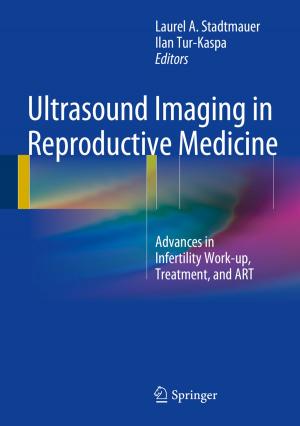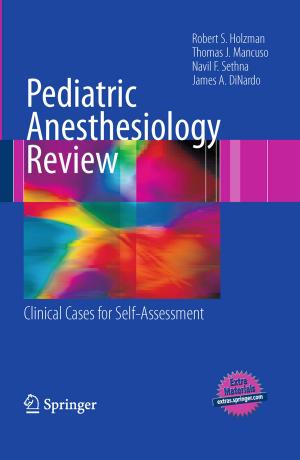Aging 2000: Our Health Care Destiny
Volume II: Psychosocial and Policy Issues
Nonfiction, Health & Well Being, Medical, Specialties, Internal Medicine, General, Psychiatry| Author: | ISBN: | 9781461250623 | |
| Publisher: | Springer New York | Publication: | December 6, 2012 |
| Imprint: | Springer | Language: | English |
| Author: | |
| ISBN: | 9781461250623 |
| Publisher: | Springer New York |
| Publication: | December 6, 2012 |
| Imprint: | Springer |
| Language: | English |
The seventeenth annual symposium sponsored by the Texas Research Institute of Mental Sciences was held October 23-26, 1983, in Houston, Texas. The theme was Aging 2000: Our Health Care Destiny. This volume on social, psychological, economic, and ethical aspects and a companion volume (Volume I) on biomedical aspects include edited versions of the presentations by about 80 speakers. Their papers were directed at practitioners, researchers, and medical educators who will be active and productive in the year 2000, and we focused on those who would influence the evolution of care of elderly persons during the next 17 years. We chose topics that would be of particular interest to teachers and current planners in the disciplines concerned with delivery of health and social services. We believe that having a core of more qualified and better trained practitioners will help the population of aged persons achieve a higher level of physical and mental health, life satisfaction and happiness, find better coping techniques and control of environmental stresses, and attain personal and social goals. Our Goals While preparing for the symposium we knew that the status ofthe art in 1983 obviously would be the base from which we would work, but we asked our speakers to give priority to future planning and directions.
The seventeenth annual symposium sponsored by the Texas Research Institute of Mental Sciences was held October 23-26, 1983, in Houston, Texas. The theme was Aging 2000: Our Health Care Destiny. This volume on social, psychological, economic, and ethical aspects and a companion volume (Volume I) on biomedical aspects include edited versions of the presentations by about 80 speakers. Their papers were directed at practitioners, researchers, and medical educators who will be active and productive in the year 2000, and we focused on those who would influence the evolution of care of elderly persons during the next 17 years. We chose topics that would be of particular interest to teachers and current planners in the disciplines concerned with delivery of health and social services. We believe that having a core of more qualified and better trained practitioners will help the population of aged persons achieve a higher level of physical and mental health, life satisfaction and happiness, find better coping techniques and control of environmental stresses, and attain personal and social goals. Our Goals While preparing for the symposium we knew that the status ofthe art in 1983 obviously would be the base from which we would work, but we asked our speakers to give priority to future planning and directions.















